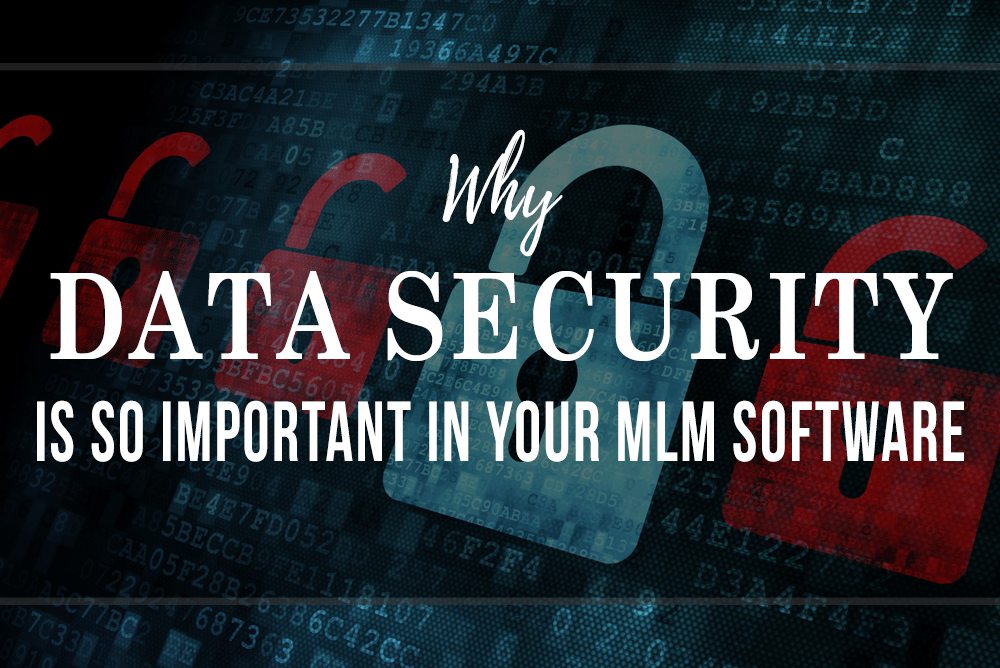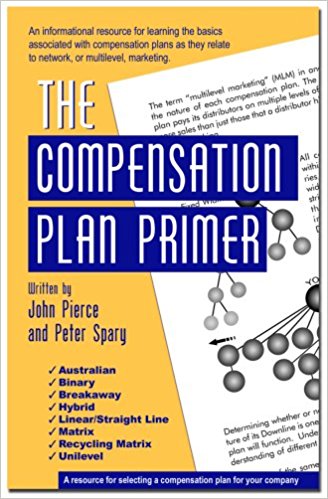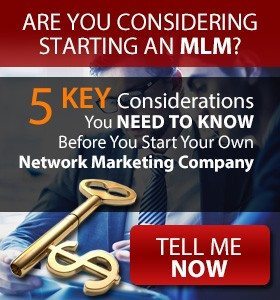
Security in Multi-Level Marketing
Multi-level marketing relies on e-commerce practices like online order processing, credit card payments, and the storage of cardholder data. This data must be encrypted and cannot be processed or stored in plain language. MLM companies also have unique data storage requirements like distributor personal data, commission payments, and commission plan details.
While all e-commerce companies should work to ensure their systems meet mandatory security standards, MLM companies have an even greater need and duty to do so because they store not only customer transaction and financial data but also the personal data of their distributors.
What Should You See From Your MLM Software Security
Some of the fundamental security features your MLM Software should have are –
- Secure Socket Layer (SSL) encryption.
- Payment Card Industry Data Security Standard (PCI DSS).
- IP blocking.
- Denial service.
- Database encryption.
- Password encryption.
- Database backup.
Secure Sockets Layer (SSL)
SSL is a security protocol that encrypts data transmitted between a web server and a client web browser. With SSL, sensitive data like credit card details are safe from unauthorized access.
Implementation requires the installation of an SSL Certificate provided by your host provider.
How to identify safe SSL enabled websites. The address bar on your web browser shows if a website is secure.
- A secure SSL site shows the designator https:// in the address bar.
- An insecure site shows the designator http:// If users submit their credit card details to such a site, it is transmitted in plain text, a dangerous practice subject to credit card fraud.
- A site with an installed SSL certificate that is dysfunctional shows the designator
https://(a red line through the designator).
While not necessarily a security issue, it’s worth noting that Google has been known to show full page “unsafe website” warnings to users going to websites that transact payments without using an SSL.
PCI compliance
The Payment Card Industry Security Standard (PCI DSS) is a security standard required by all credit card suppliers. It’s primary function is to prevent credit card fraud. The PCI standard is administered by the PCI Security Standards Council. However, each card supplier has unique compliance requirements. The standard applies to all organizations that store, process or transmit cardholder data. Because of this, it is absolutely necessary that your Websites and MLM Software are PCI Compliant.
The PCI Security Standards Council defines the PCI compliance as a continuous process that involves the following steps:
- Access. An inventory of supplier IT assets, business processes for card processing with the view of identifying security vulnerabilities.
- Remediation. Rectifying vulnerabilities and preventing or reducing the storage of cardholder data to what is necessary.
- Reporting. Regular security scanning to compile reports that are submitted to acquiring banks and card suppliers.
If you’re not PCI Compliant, it’s only a matter of time before you face hefty fines or lose the ability accept credit card payments entirely.
IP Blocking
IP Blocking is a service offered by software and cloud providers. Using this, you can block individuals, groups, or an entire country from accessing your website.
Without the ability to block IP’s you’re essentially leaving the front door open without a lock.
Your MLM Software should have the ability to block IP’s or IP ranges.
Denial of Service (DDoS)
This is not a security feature but an intentional cyber attack that seeks to prevent users from accessing your website. Hackers block legitimate service requests temporarily or indefinitely by flooding a machine or network resource with illegitimate traffic. DDoS attacks can leave your website frustratingly slow or even completely inaccessible by your customers costing you money.
While DDoS attacks are hard to counteract, your MLM Software provider should have a plan of action and the ability to handle these attacks if necessary.
Password encryption
When accessing any part of your MLM software, the password your enter must not be displayed in plain text. Ensure your software supplier stores passwords using MD5 hash encryption.
If your passwords are not stored as encrypted data, there’s a strong possibility that hackers could potentially gain access to not only customer and distributor accounts but also your company’s administrator accounts where they would have access to more than enough to cause great harm to your business.
Database encryption
Your MLM Software should be using strong methods of encryption within their databases so as not to leave any of your valuable data vulnerable to those with malintent.
Credit card data must not be stored in plain text. In addition, the 3 or 4 digit credit card security code must not be stored at all.
The National Security Administration (NSA) regulates and specifies how to store credit card data.
Database backup
The pain and business disruption you would suffer if you lost all your customer, distributor, product, merchant account or commission payments data can potentially destroy your business and should be taken extremely seriously. We have seen businesses collapse as a result of losing their data.
Your MLM Software should provide or offer reliable real-time or daily backup of your database.
Our Recommendations
Make sure that your MLM Software provider really understands the necessity of protecting your data and that they’re only using the newest and strongest methods to do it.
If you got value out of this, share it with your business associates and partners. If you need some further advice about the Security of your MLM Software, reach out to me.
Do You Know What It Takes to Launch Your Own MLM? Click Here to Discover the Secrets to Launching Your Very Own Network Marketing Marketing Company From Concept to Launch in JUST 10 Steps in 10 Days !!
More Resources For You:
Are you considering starting an MLM? Try a FREE 5 Day Demo of the Best MLM Software right here
Is Your MLM Software Company providing the LATEST in Privacy and Security?
Did This Help You? If so, I would greatly appreciate it if you commented below and shared on your favorite social media.

Robert Proctor's Blog
- Skype: multisoftrob
- Email: robert@multisoft.com
- Facebook: Facebook.com/robertmultisoft
- Office: +1-239-945-6433
- Mobile: +1-239-839-4904





